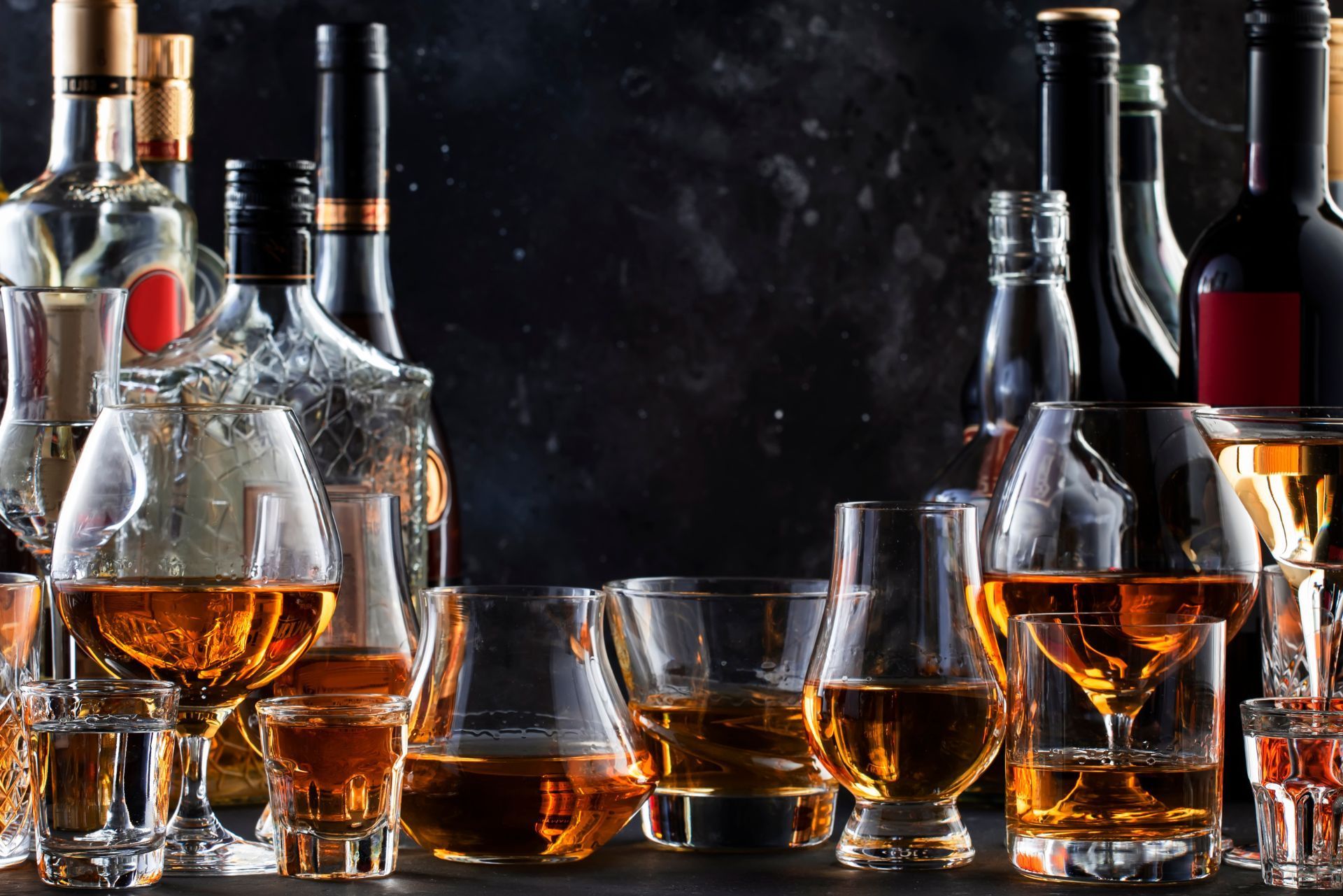Top 3 Recommended Policies
Index
Contact Us
Understanding the ins and outs of liquor liability insurance can be a complex task. This guide aims to simplify the concept, providing you with a comprehensive understanding of what it is, why it's essential, and how to get it.
What is Liquor Liability Insurance?
Liquor liability insurance is a type of business insurance that protects establishments that manufacture, sell, or serve alcoholic beverages. It covers the business against potential legal and financial repercussions resulting from damages or injuries caused by intoxicated patrons.
It's important to note that liquor liability insurance is not a one-size-fits-all solution. The coverage and policy details can vary significantly depending on the nature of your business, the state you operate in, and the specific risks associated with your operations.
Who Needs Liquor Liability Insurance?
Any business that deals with alcohol in any capacity should consider liquor liability insurance. This includes bars, restaurants, breweries, wineries, and even event planners. If your business involves the sale, service, or production of alcohol, you're potentially at risk.
Even if your business only serves alcohol occasionally at special events, you may still need coverage. Some states require businesses to have a temporary liquor liability policy for such occasions.

Why is Liquor Liability Insurance Important?
Liquor liability insurance is crucial because it protects your business from the potentially devastating financial consequences of alcohol-related incidents. These incidents can range from property damage caused by an intoxicated patron to serious injuries or fatalities resulting from drunk driving accidents.
Without liquor liability insurance, your business could be held financially responsible for these damages. This could lead to significant financial strain or even bankruptcy. With the right coverage, however, you can protect your business and ensure its continued operation.
Legal Requirements
In many states, liquor liability insurance is not just a good idea—it's a legal requirement. Known as "dram shop" laws, these regulations hold businesses that serve alcohol responsible for any harm caused by their intoxicated patrons. If your business is found to have served a visibly intoxicated person who then causes harm to themselves or others, you could be held liable.
Even in states without dram shop laws, businesses can still be held liable under general negligence laws. Therefore, regardless of your location, it's wise to consider liquor liability insurance.
How to Get Liquor Liability Insurance
Obtaining liquor liability insurance involves several steps. First, you'll need to assess your business's specific needs and risks. This includes considering factors like the type of business you operate, the volume of alcohol you serve or sell, and your location.
Next, you'll need to shop around for the best policy. It's recommended to get quotes from multiple insurance providers to ensure you're getting the best deal. Be sure to thoroughly review each policy's coverage details and exclusions before making a decision.
Working with an Insurance Broker
Working with an insurance broker can simplify the process of obtaining liquor liability insurance. Brokers have extensive knowledge of the insurance market and can help you find a policy that fits your specific needs and budget.
Brokers can also provide valuable advice and guidance throughout the process, helping you understand the complexities of liquor liability insurance and ensuring you make informed decisions.

Understanding Your Policy
Once you've obtained a liquor liability insurance policy, it's important to thoroughly understand its terms and conditions. This includes knowing what is covered, what is excluded, and how much coverage you have.
Typically, liquor liability insurance covers legal fees, settlements, and medical costs associated with alcohol-related incidents. However, policies often exclude coverage for incidents involving underage drinking or situations where alcohol was served without a license.
Policy Limits and Deductibles
Understanding your policy's limits and deductibles is also crucial. The policy limit is the maximum amount the insurance company will pay for a covered claim. The deductible is the amount you're responsible for paying out of pocket before your insurance coverage kicks in.
Choosing the right limits and deductibles is a balancing act. Higher limits and lower deductibles mean more comprehensive coverage, but they also mean higher premiums. It's important to choose a policy that offers adequate protection without breaking the bank.
Conclusion
Liquor liability insurance is an essential consideration for any business that deals with alcohol. It protects your business from the financial risks associated with alcohol-related incidents and may be a legal requirement in your state.
Obtaining the right policy involves assessing your business's specific needs, shopping around for the best deal, and thoroughly understanding your policy's terms and conditions. With the right coverage, you can operate your business with peace of mind, knowing you're protected against potential alcohol-related risks.






